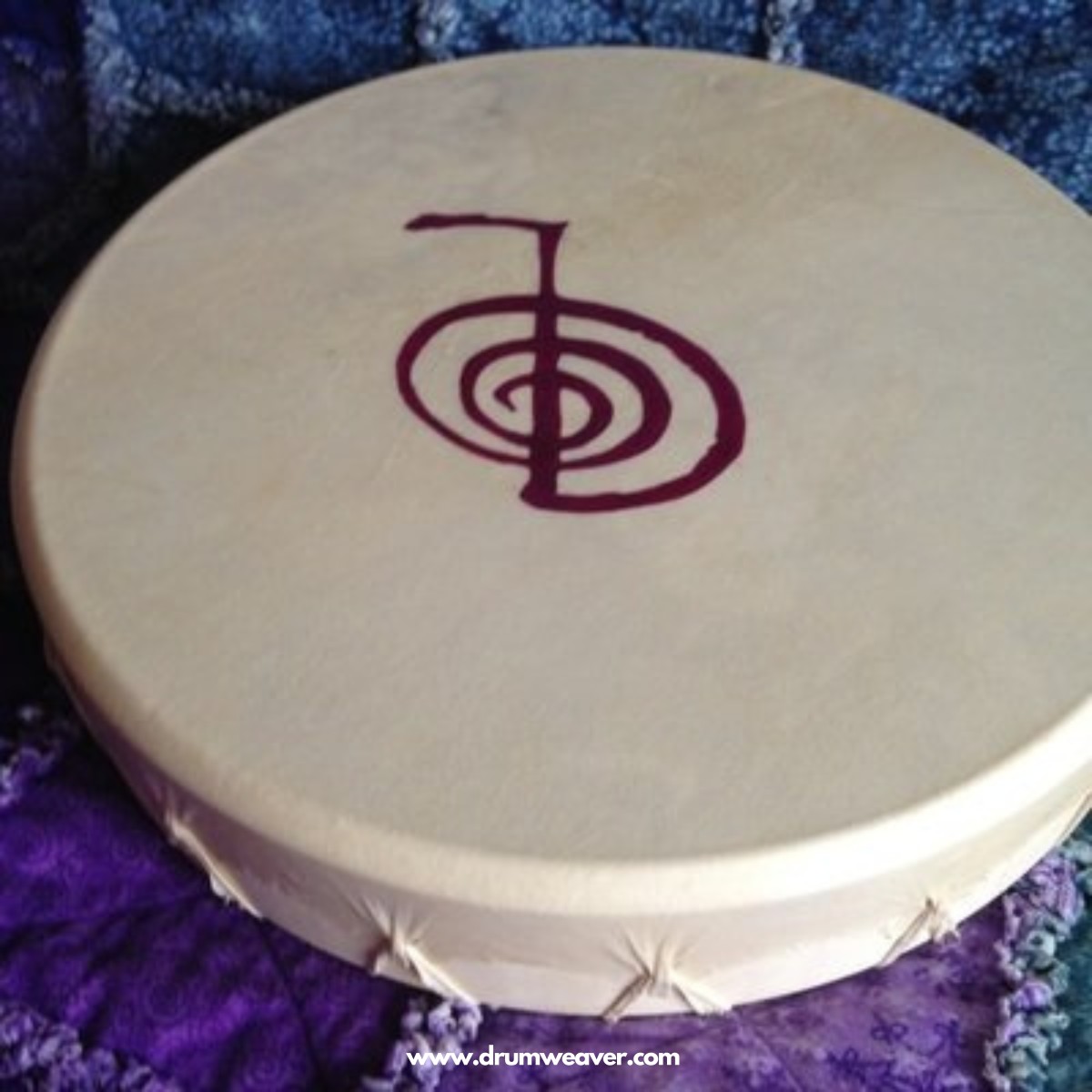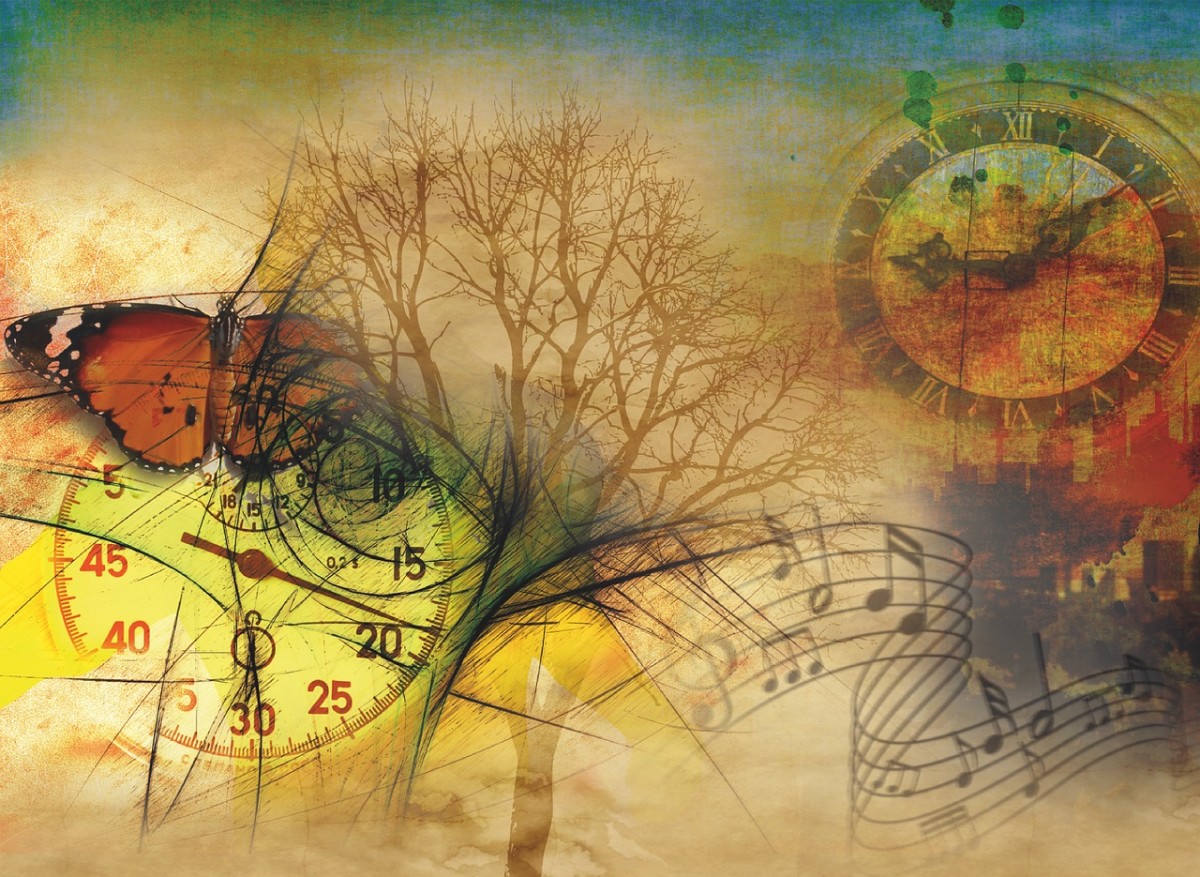Embracing the healing power of music

By Michelle Liew Tsui-LIn

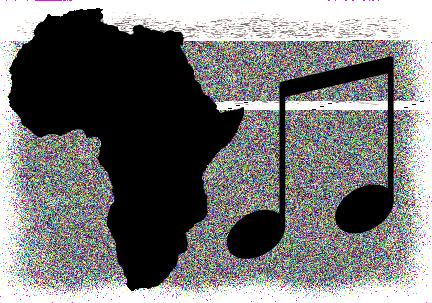
The eclectic icon of the music world says it well. Music has the power to reach others in a way nothing else can. Its healing power and positive, albeit mysterious effect, is something that is almost impossible to explain.
This is why music therapy has been used the world over as a way to heal emotionally and spiritually. Physically, its ability to reduce stress must never be discounted, but for the purposes of this article, we discuss the emotional and spiritual healing power of music.
This article discusses the way in which music heals as well as its unarguable health benefits. We see how music has been used effectively as a form of therapy for those who have emotional needs that need addressing and look at some examples of music that has effective therapeutic power.

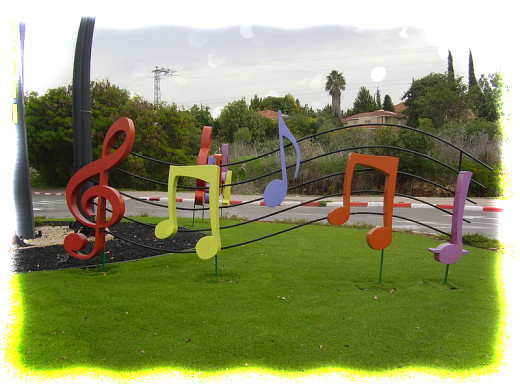
The health benefits of music
Music has incomparable benefits for the body, mind and spirit. Listened to everyday, it has uncountable benefits for our health.
Music enhances pleasure.
A study published in Nature Neuroscience, 2011, indicates that music has the effect of releasing dopamine, the brain’s neurotransmitter associated with happiness and joy.
Music lifts depression and creates better mental health.
Studies conducted by Maratus, et al (2008) show that music has the power to make a person feel less depressed.
Myskja and Nord, in 2008, conducted a similar study. In this study, it was discovered that music reduced the depression level of nursing home residents in Oslo, Norway. 72 residents participated in the study and were separated into two groups, one benefiting, and the other without, music therapy.
The group that received music therapy displayed a significant reduction in depression. Music has the ability to enhance mood and encourages rehabilitation from depression. It also has the ability to reduce teen angst.
It also helps cancer patients, with the effect of a therapist bringing a friendly dog to visit. Music lifts their negative spirits.
It has the ability to quicken the healing of those with brain injuries.
Those who suffer injuries to the brain as a result of accidents or operations benefit substantially from listening to a little music.
Music, a complex auditory language, assists the brain’s motor functions. In a study by Michael Thaut and Gerald McIntosh, music assisted those with Parkinson’s disease, who responded to musical stimuli almost immediately. It proved to be superior to physical therapy. The same effects were seen in stroke victims. Additional areas in their sensorimotor cortex and cerebellum were activated, as compared to physical therapy.
Music also assists those with speech difficulties. It stimulates the auditory and motor systems and helps to pull these systems together in a more effective way for these patients.
This may also explain why people pick up the pace when running while listening to a little music.

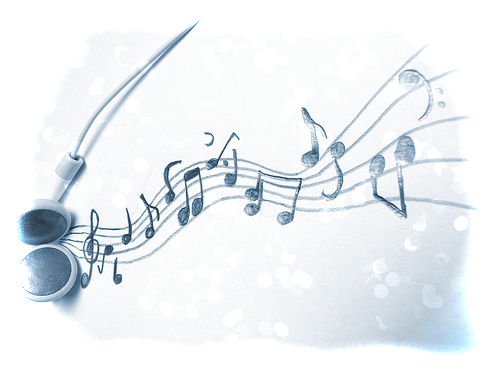
How music enhances our mental states
Our mood is affected by the vibrations of music.
Though we may be affected by what the ear can hear, sound vibrations that we cannot perceive when listening to music have the ability to enhance our moods.
This is why therapeutic music played by certain instruments, like the harp, have a calming effect.
Music is particularly beneficial for young people between the ages of 15 to 25, who experience the angst of youth and mood swings. It helps youth with a tendency to depression and suicide.
People respond readily to music.
People, children, young and old adults, respond readily to music. In this video of a baby dancing to Beyonce, a child younger than a year responds positively to positive music.
Music therapists help physically disabled and mentally challenged patients to express themselves better. Introverted and isolated patients are better able to communicate.
Music helps those with schizophrenia and autism, and enables them to come out of their world, at least for a short while.
Music helps us to focus.
As I write this now, I am listening to Debussy’s Claire De Lune. With an honest revelation of the difficulty writing this morning, the piece is helping me make my thoughts more coherent.
So it is that music enables us to focus. Music motivates the brain’s cortex to release sound waves that induce different states of alertness.
It is an organized, complex and our brain loves it.

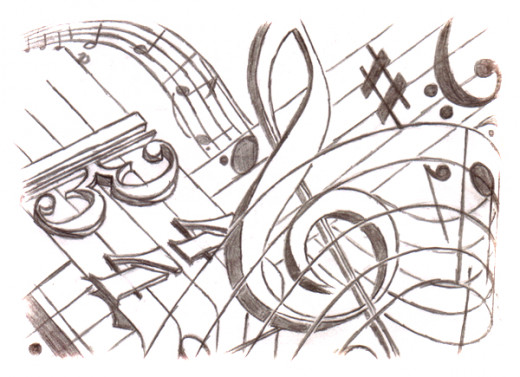
Further benefits and the progress of music therapy
Music therapists the world over help to harness the benefits of music to assist those under their care, and it comes as no surprise. We have seen that music helps the disabled. Music also helps those with neurological disorders, stroke victims and those suffering from stress, as was touched on earlier.
Some music therapists are looking to using music as a preventive measure for depression and anxiety. They hope that it will head off problems that come as a result of being overwrought, such as substance abuse, self-harm and suicide.
Below are some therapeutic music playlists, chosen because the sound waves they emit and their repetitive chord progressions have the ability to calm and soothe. Do enjoy, and relax!


Music Therapy
Conclusion
Music therapy can definitely give all aspects of our lives an empathic, yet relaxing, boost. Everyone is in need of constant healing, and should harness its benefits.
Original Work by Michelle Liew Tsui-Lin
All rights reserved

Relaxing spa therapy

Music by the waterfall

A hypnotizing drive through the canyon

The relaxing music of nature

Beautiful Harp Music

Relaxing flute music

Other hubs on music by Michelle Liew
- Vocal percussion, some outstanding vocal percussioni...
An article on vocal percussion, some outstanding vocal percussionists and tips for its performance. - On the music of mexico:history,diversity,song and da...
On Mexican music, its history, variations and a little hat dance for children. - The Essentials of Great A Capella Music: Ten great v...
A Capella is an expressive musical form that makes use of the most natural musical instrument of all- the human voice. Here are 10 of the best A Capella groups around. - The psyche of teenage girls and their fascination wi...
We were all swept away by boy bands at one time or another - this article explains why and gives a chronology of the most popular boy bands of this day. - How Indian music and its instruments has evolved thr...
An article on the development of Indian music and dance throughout the ages. - Body percussion:the art of utilizing the human body ...
Body percussion is the art of using the human body to create sound and rhythm. There are different forms of body percussion and it is not only creative, but useful. Get to know famous body percussionists. - Things to consider when introducing music to childre...
The benefits of music for children, its effects and how to introduce it to them. Some catchy tunes for kids and adults to listen to. - Experiencing the beauty of Calypso music :its histor...
An article on the origins of Calypso Music and some talented Calypsonian artists. - How music creates bridges across cultures:unusual in...
Instruments used in world music and how music can create a bridge across cultures - Great men who have changed the world of music:influe...
Some legendary male musicians who have influenced the world of music - How to use music to reduce or stress levels:listenin...
An article on how music can relieve stress and some stress busting music tracks. - Defining music of the 1960s, its characteristics and...
On the characteristics of music of the 1960s. - How women have influenced jazz music through the dec...
An article on jazz music and the contributions of many women to the form. - Compiling a music playlist for a long drive ahead
An article on how to compile music for a long drive - Rock bands that made their mark on music of the 1980...
A review of some rock bands that made an impact on the music scene in the 1980’s and 90’s. - Influential women in the world of music:some iconic ...
An article on some of the most influential women in the music industry, whether in terms of fashion, social causes or great musical breakthroughs.




